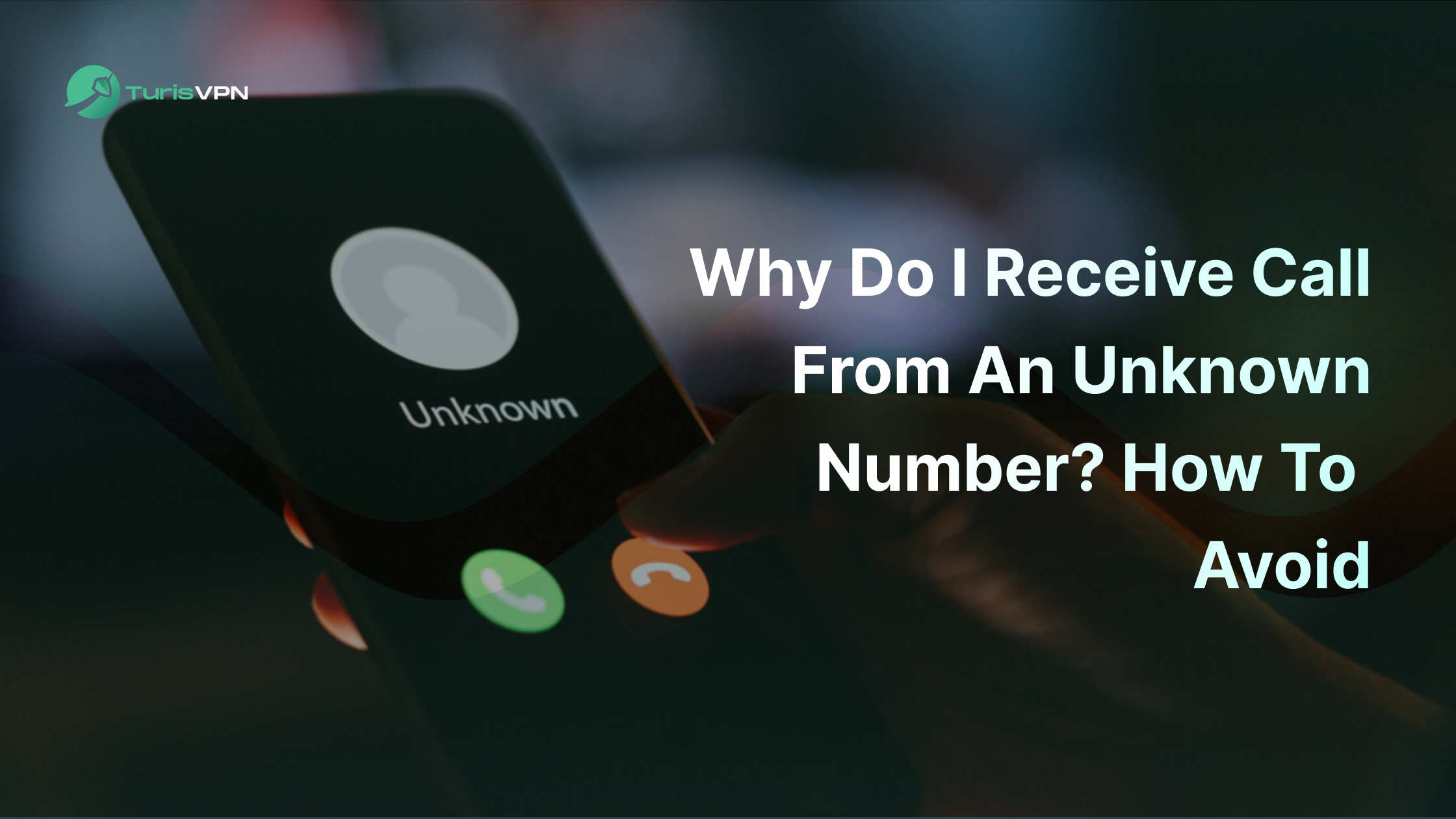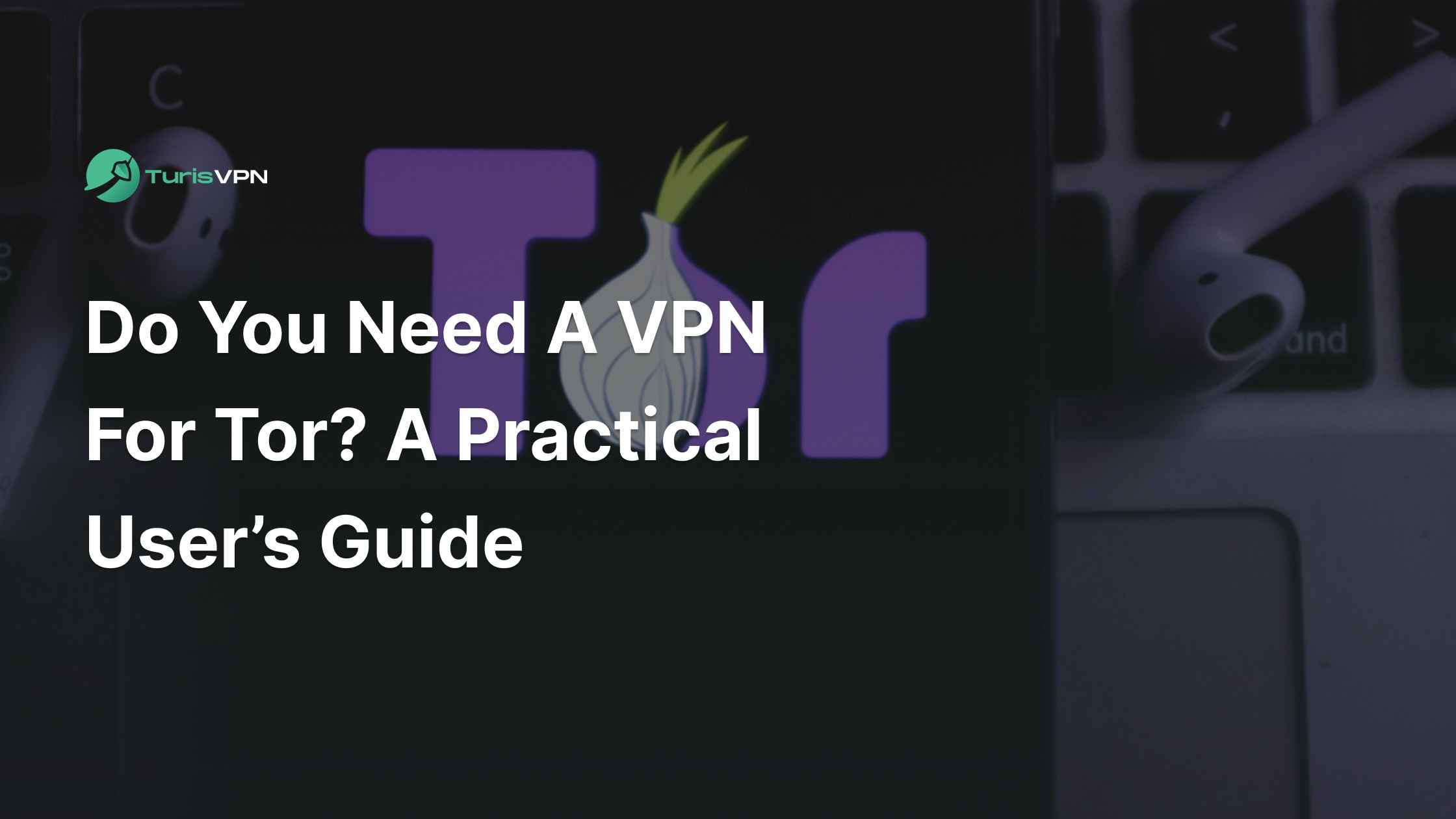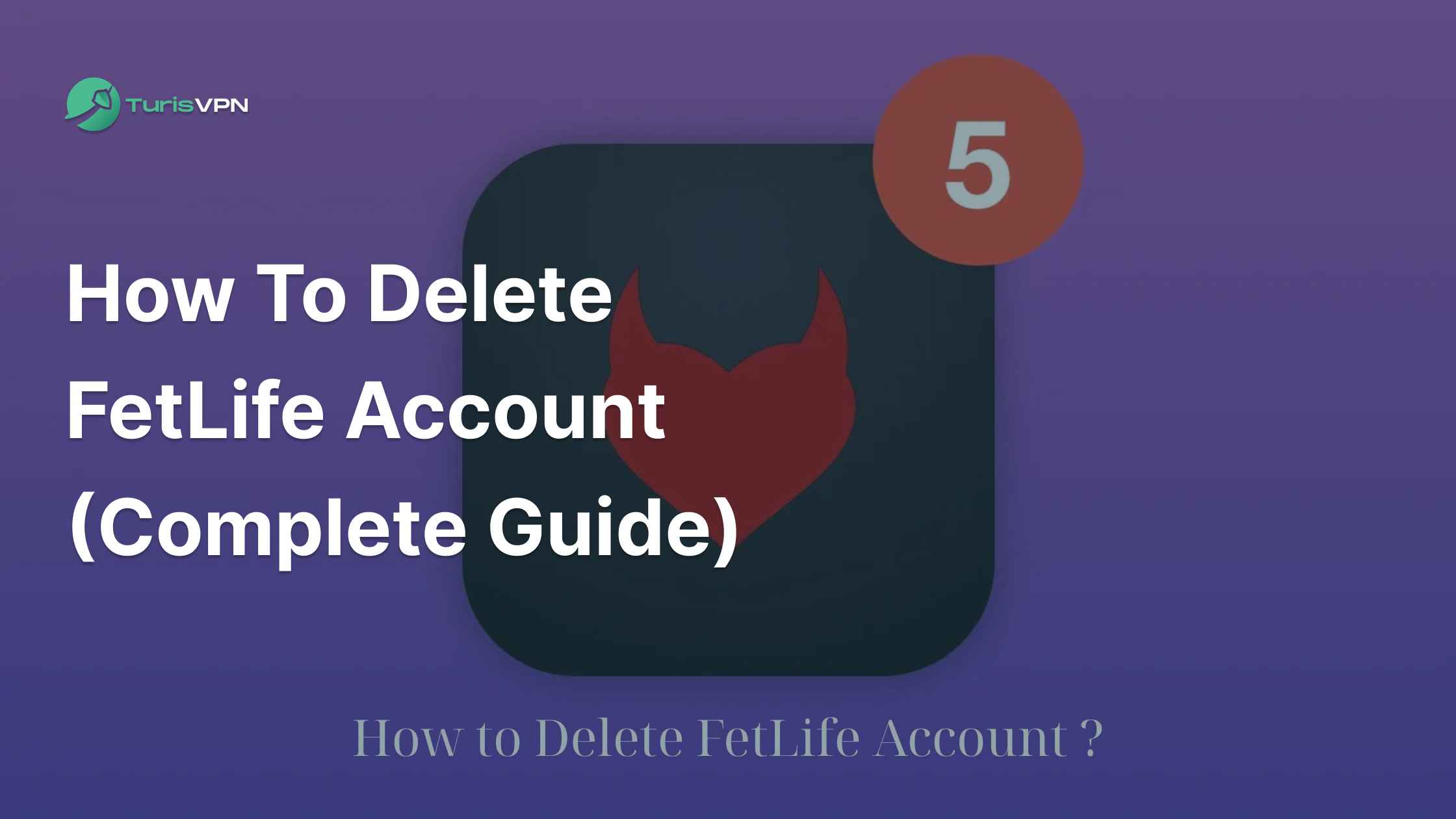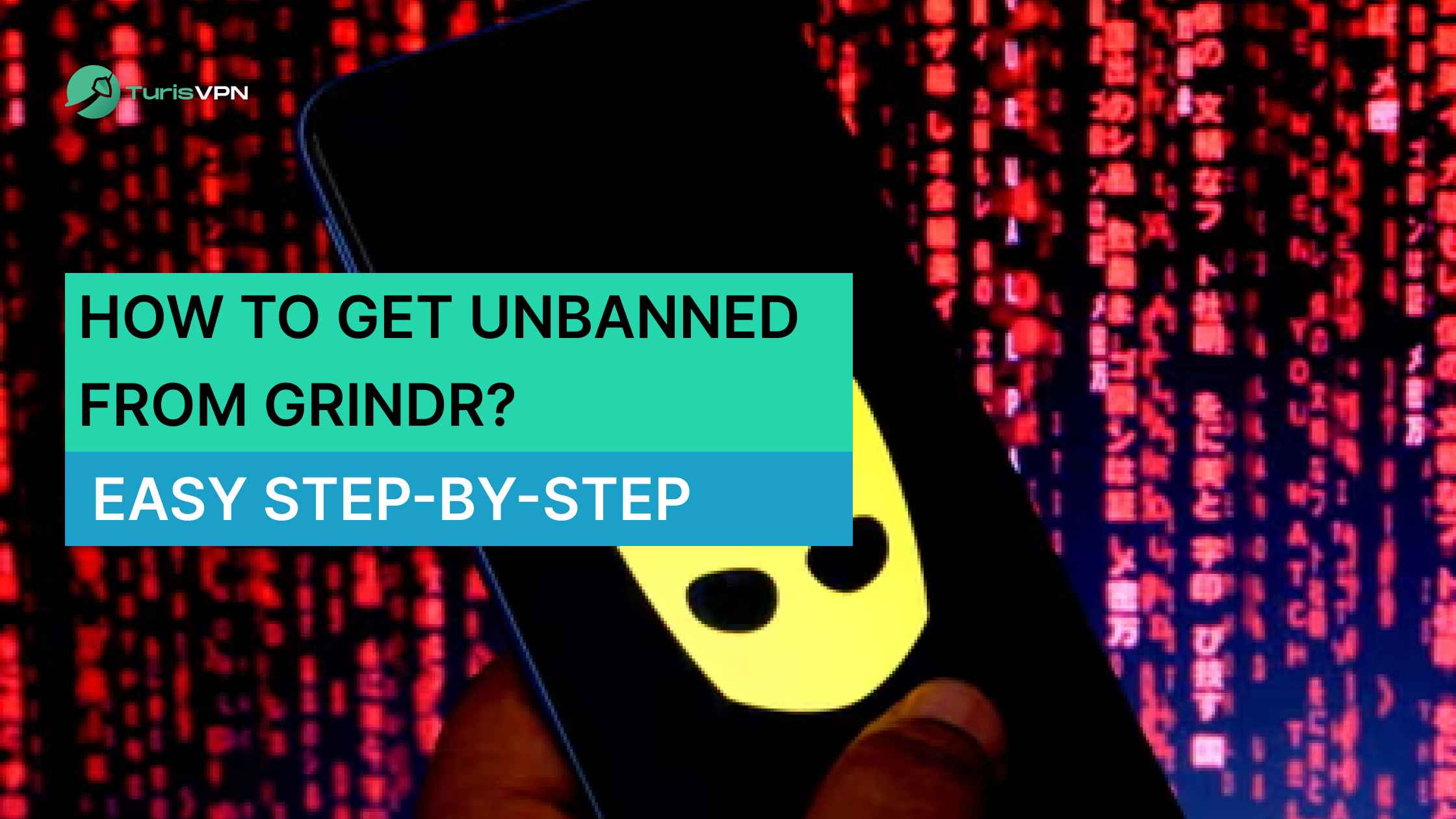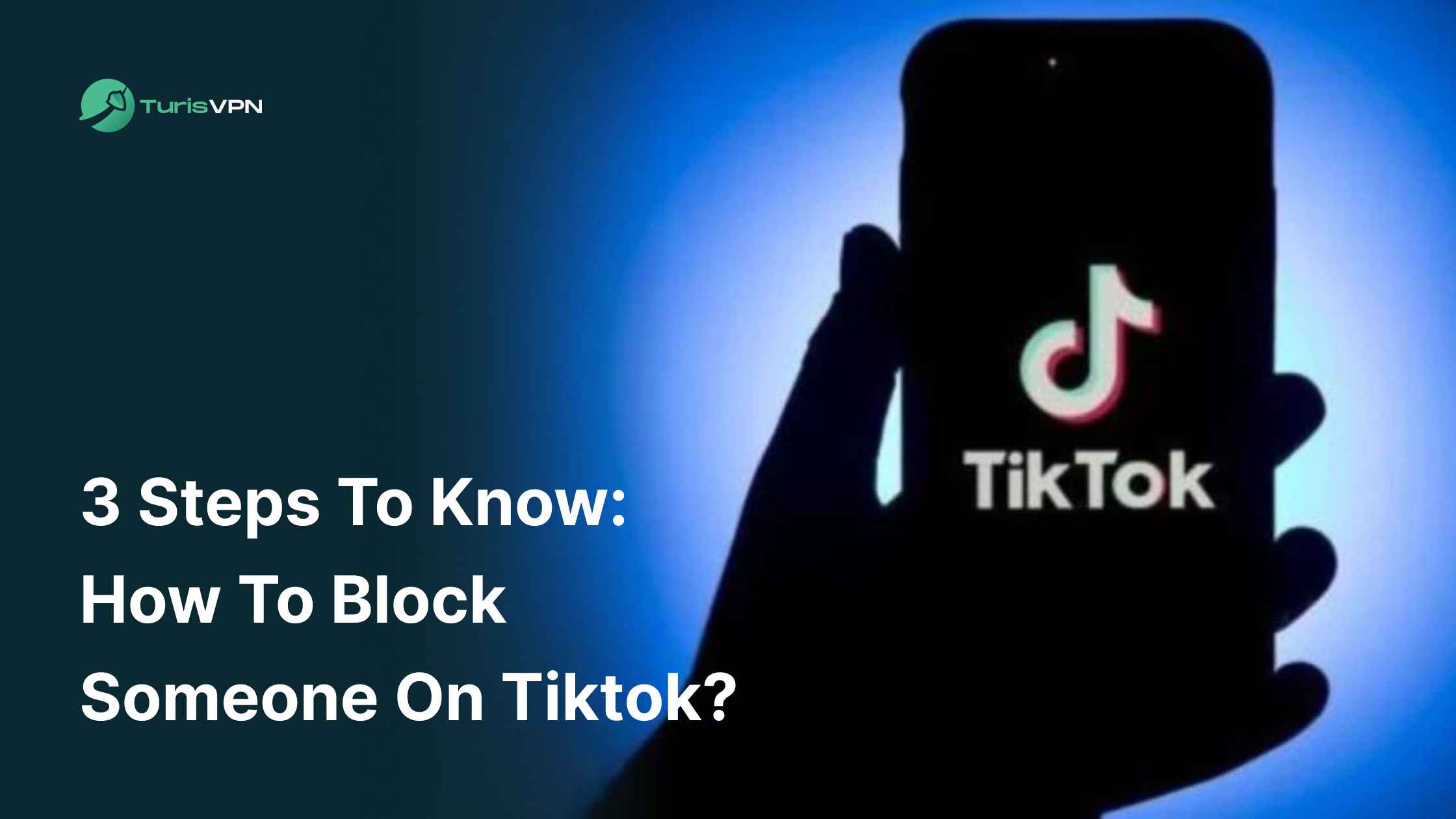Receiving a call from an unknown number has (almost) become a norm these days and it sure can be annoying.
According to the FTC, scammers are more likely to contact you by phone than any other method. Victims of scam calls lose an average of $1,200, which is significantly higher than losses from texts, emails, or websites.
The thing is, sometimes it’s a spam call, and other times it might be important. Knowing who’s behind that mysterious number can save you from stress and keep you connected to the right people.
In this blog post, we’ll explain why you might get calls from unknown numbers and give you tips on how to avoid them.
Key Takeaways
- “Unknown Caller” indicates your phone provider can’t identify the caller, while “No Caller ID” means the caller has intentionally hidden their number.
- Calls from unknown numbers can be from scammers or telemarketers.
- You can block “No Caller ID” calls on iOS and Android devices to avoid interruptions and potential scams.
- Use *69 and *57, or TrapCall and TrueCaller, to identify unknown callers and avoid scams.
- TurisVPN can help you protect your data, especially on public WiFi, ensuring your online activity remains private and secure from hackers.
What Is an “Unknown Caller”?
When your phone displays “Unknown Caller,” it means that the caller’s information isn’t reaching your device due to network issues. This could happen even if the caller is in your contact list.
Sometimes, “Unknown Caller” appears when someone is calling you from another country because your phone service provider can’t recognize the foreign caller ID.
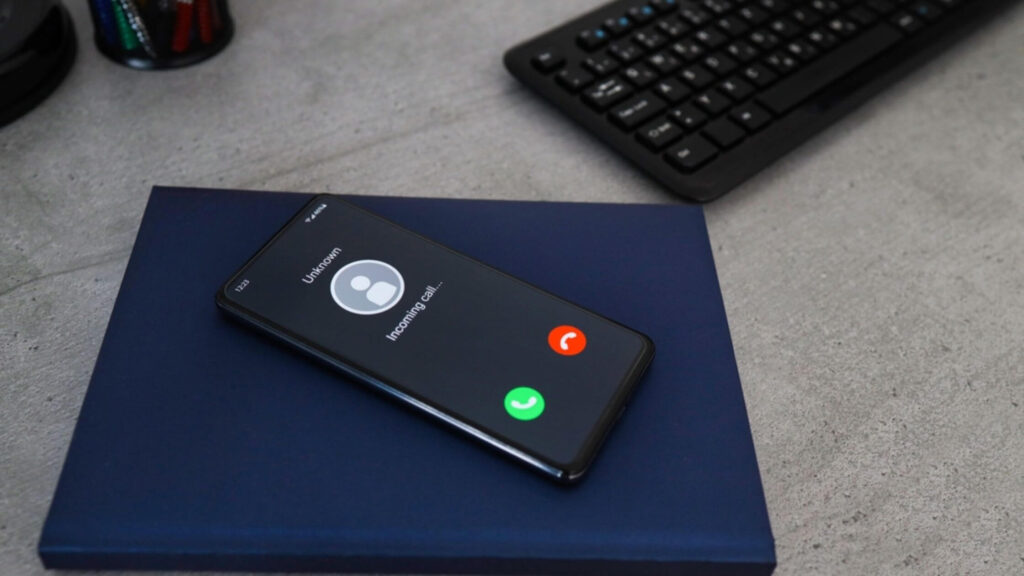
If you’re not expecting a call from an unknown number, it’s usually best not to answer. Important callers will likely leave a voicemail or send a message.
What Is “No Caller ID”?
When you see “No Caller ID,” it means the caller has intentionally hidden their phone number. People and organizations hide their IDs to stay anonymous for privacy reasons or work-related purposes, such as telemarketers or fundraisers. However, this feature is also used by scammers to hide their identity and carry out malicious activities.
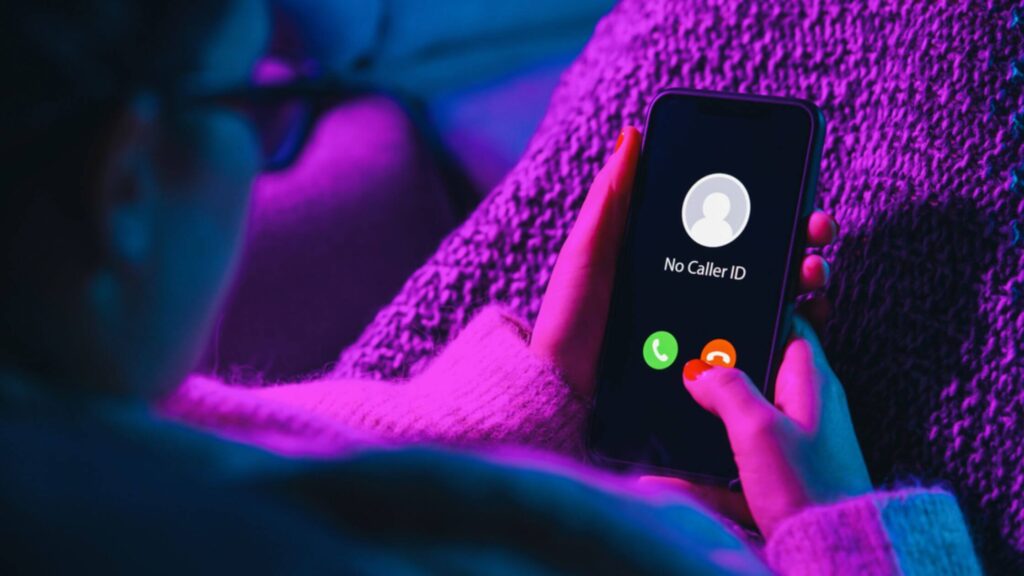
What’s The Difference Between No Caller Id And Unknown Number?
While similar in that you don’t know who’s calling you, “No Caller ID” (or “Private Caller”) and “Unknown Caller” are not interchangeable terms.
The table below will show these differences to help you decide how to handle such calls and protect yourself from potential scams or unwanted interruptions:
| Unknown Caller | No Caller ID | |
| Definition | Provider doesn’t transmit info | Caller hides their number |
| Cause | Technical issues, international calls | Caller blocks their ID on purpose |
| Usage | Usually unintentional | Usually intentional |
| Frequency | Common with different carriers | Common in privacy/business contexts |
| Caller’s Intent | No clear intent to hide identity | Clear intent to remain anonymous |
| Recipient’s Action | Could be harmless or important | Often seen as suspicious |
Is an Unknown Caller Always Spam? Should I Accept Unknown Caller Calls or Call Back?
No, an unknown caller is not always spam. However, many unknown calls are from telemarketers or scammers.
Scammers often pretend to be from reputable companies, trying to create a sense of urgency to trick you into giving out personal information. Telemarketers might be trying to sell products or services you don’t need.
While there are rare instances where legitimate callers might be flagged as unknown, it’s safer to assume the worst and act cautiously.

When you see “Unknown Caller” on your screen, it doesn’t always mean the call is spam, but it’s wise to be cautious.
Both Apple and Google have improved their systems to flag probable spam calls. This means that when “Unknown Caller” appears, it’s often best to assume it’s not a call you’ll want to answer.
Is *67 Sign Of a Spam Call? How to Identify Unknown Callers?
No, not all calls using *67 are spam. But, it’s wise to be cautious.
Using *67 is a common way for people to hide their Caller ID when making a call. When you dial *67 before a phone number, it blocks your number from appearing on the recipient’s phone, showing “Private Number,” “Unknown Caller,” or “No Caller ID” instead.
This feature is widely used for privacy and is not necessarily a sign of spam. However, it can be used by scammers to conceal their identity.

Knowing who is calling can help you avoid scams and unwanted calls. Here are some easy ways to identify unknown callers:
- Check for voicemails: Listen to any voicemail left by the caller. Legitimate callers usually leave clear messages. Avoid calling back if the voicemail sounds suspicious.
- *Use 69 (apply for US & Canada): Dial *69 to find out the number of the last person who called you. This works on most phones and can give you the caller’s number. You can then search the number online to see if it’s linked to spam.
- *Identify threatening callers with 57: If you get a threatening call, dial *57 right after hanging up. This will send the caller’s info to your service provider, who can then work with the police. Note that this service may cost extra.
- Contact your phone company: Your phone company might have services to help trace unknown callers. They can give more details than *69 or *57. Check with them for options and any fees.
- Use third-party apps: TrapCall will show the identity of unknown callers after you decline the call. It also blocks robocalls. Another option is TrueCaller, which can help you identify unknown callers and block spam calls. It also lets you send and receive texts.
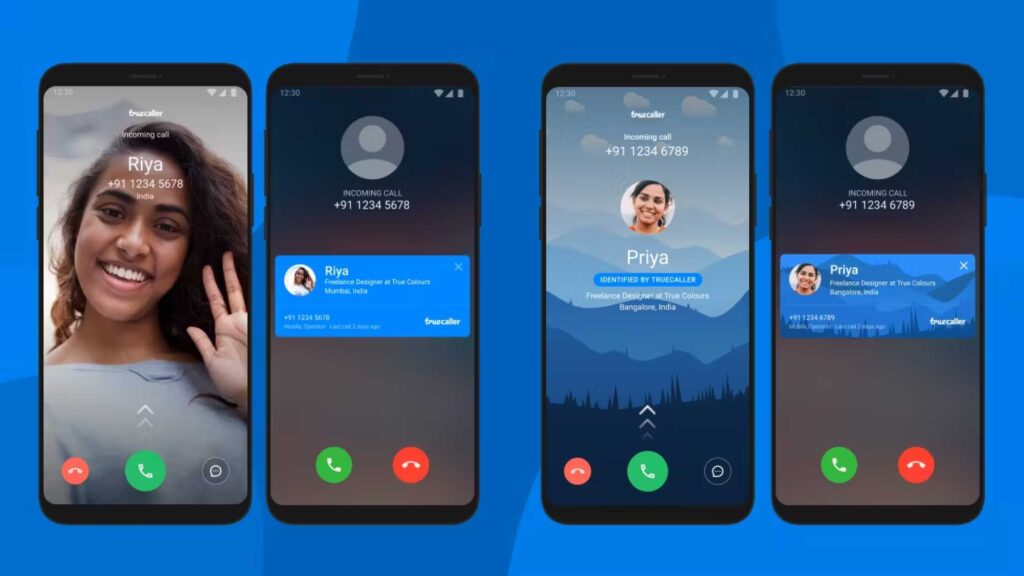
How to Block “No Caller Id” Phone Calls on Android and iOS
Blocking “No Caller ID” calls can help you avoid unwanted interruptions and potential scams. Here’s how you can block these calls on both Android and iOS devices.
Blocking “No Caller ID” Calls on iOS
To block unknown callers on your iPhone, follow these simple steps:
- Step 1: Tap the Settings icon on your home screen.
- Step 2: Go to Phone Settings
- Step 3: Scroll down and tap on “Phone.”
- Step 4: Tap on “Silence Unknown Callers.“
- Step 5: Turn on the toggle to activate the feature.
This will send calls from unknown numbers directly to voicemail, so you won’t be disturbed by them.
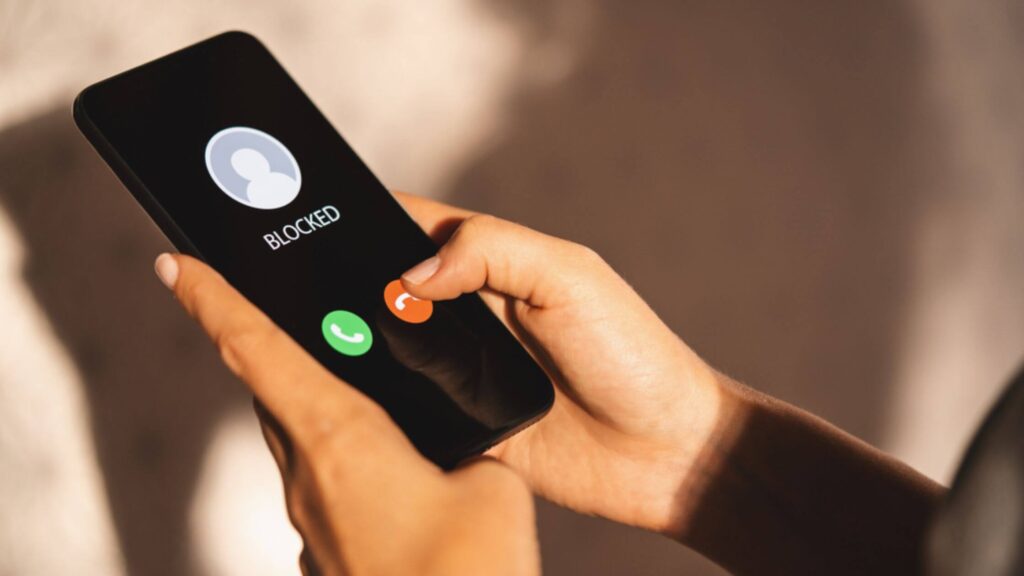
Blocking “No Caller ID” Calls on Android
Blocking unknown callers on Android devices can vary slightly depending on the manufacturer and model, but the general process is similar. Here’s how you can do it:
- Step 1: Tap on the phone icon to open the dialer app.
- Step 2: Tap the three-dot menu (or sometimes a gear icon) in the upper-right corner to open the settings menu.
- Step 3: Find and tap on “Blocked Numbers” or a similar option.
- Step 4: Look for an option like “Block Calls from Unidentified Callers” or “Block Unknown Numbers.”
- Step 5: Slide the toggle switch to block calls from unidentified callers.
How to manage anonymous calls?
If you’re receiving anonymous calls, there are steps you can take to manage and block these calls on both iPhone and Android devices. Below are the easy methods to help you stop the disruptions:
On iPhone
Block Specific Numbers:
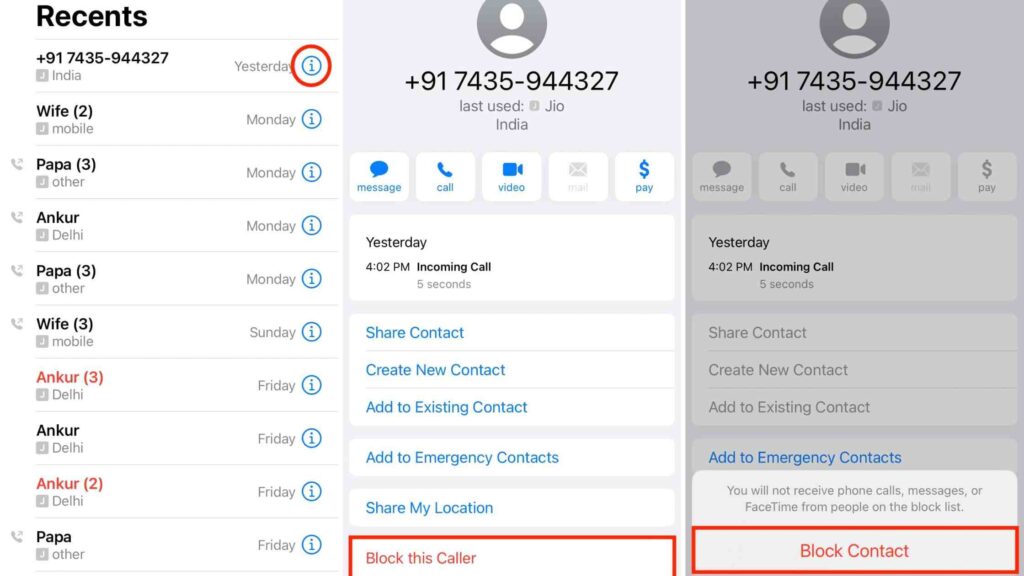
- Open the Phone app.
- Go to your recent calls and tap the “i” icon next to the number you want to block.
- Select “Block This Caller”.
Do Not Disturb Mode
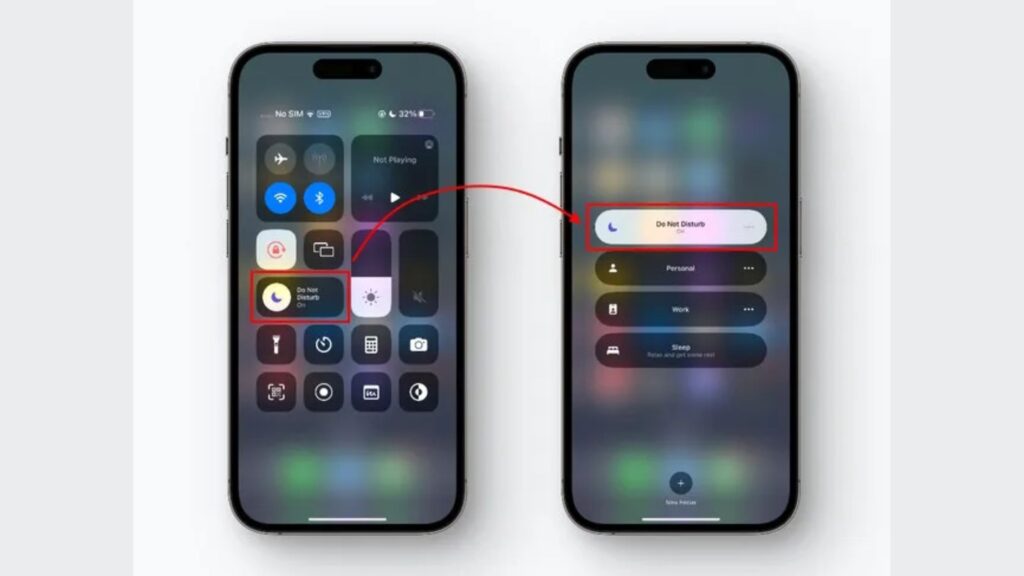
You can enable Do Not Disturb to only allow calls from contacts. Go to “Settings” > “Focus” > “Do Not Disturb” and set it to allow calls only from contacts in your phone book.
On Android phone
Enable Caller ID & Spam Protection
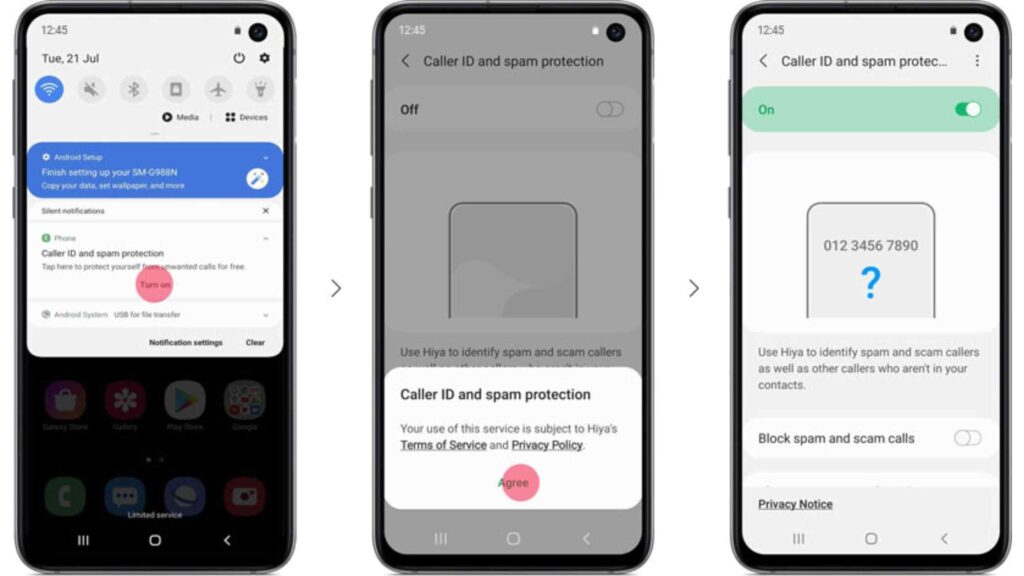
- In the Phone app, go to “Settings”.
- Select Caller ID & Spam and toggle on “See Caller & Spam ID’. This will help you filter out spam or anonymous callers.
Third-Party Apps
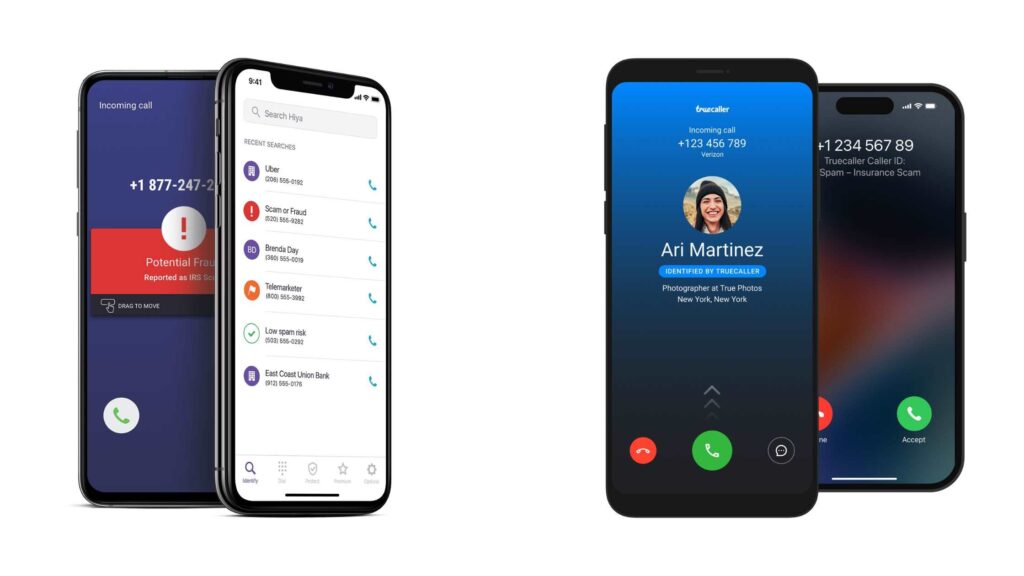
- Use apps like Truecaller or Hiya to identify and block unknown numbers. These apps provide crowd-sourced caller IDs and spam detection to help manage anonymous calls.
Using TurisVPN to Enhance Online Data Privacy
Phone scammers don’t just target you with calls; they can also attempt to hack your device through public WiFi networks.
The best way to securely access public WiFi is by using TurisVPN (Virtual Private Network). TurisVPN encrypts your online activity, making it much harder for hackers to intercept your data and ensuring you browse the web more anonymously.
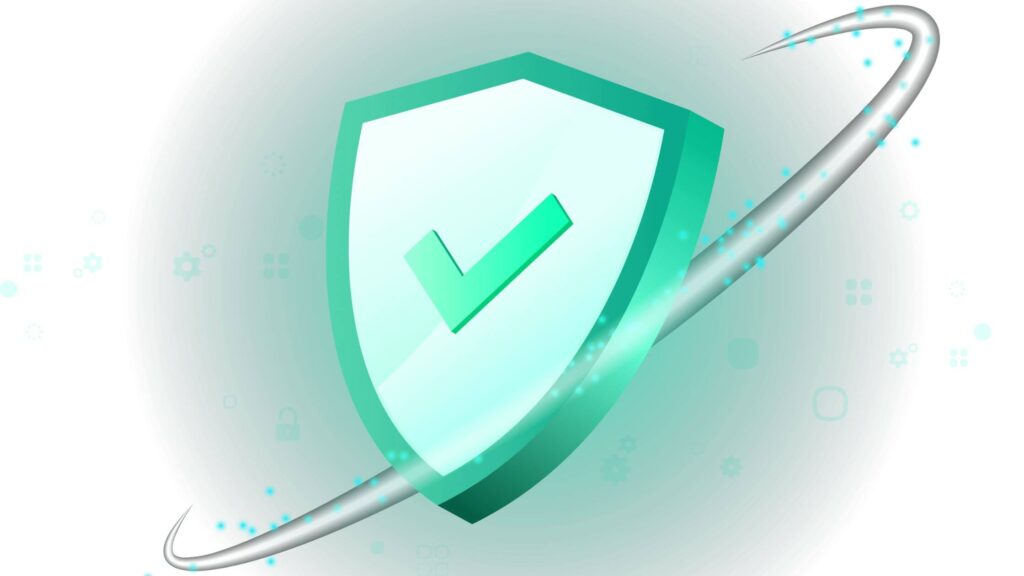
How to Use TurisVPN
Step 1: Select TurisVPN that offers strong encryption and a no-logs policy.
Step 2: Install the TurisVPN app on your device.
Step 3: Open the app and connect to a VPN server. You can choose a server in your country or another location to change your IP address.
Step 4: Once connected, you can safely browse the internet, even on public WiFi networks.
While a VPN won’t directly protect you from calls from unknown numbers, it significantly enhances your online privacy and security. By using TurisVPN, you can keep your data safe from hackers, especially when using public WiFi networks.
Bottom Line
Receiving a call from an unknown number can be annoying and risky. Understanding the difference between “Unknown Caller” and “No Caller ID” can help you decide whether to answer.
It’s best to avoid these calls to protect yourself from potential scams. Use your phone’s built-in features or third-party apps to block unknown callers. Additionally, using TurisVPN can enhance your online privacy and keep your data safe, especially when using public WiFi.
